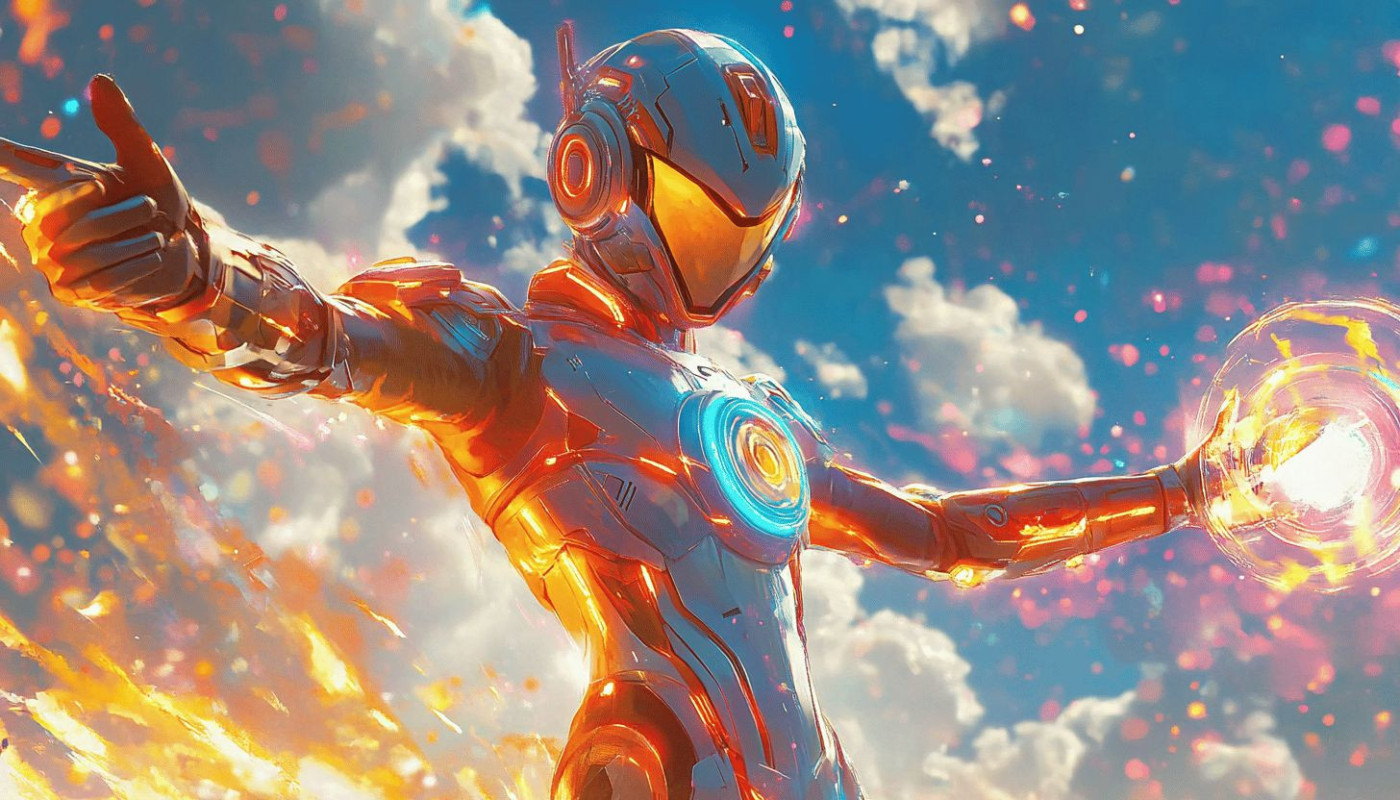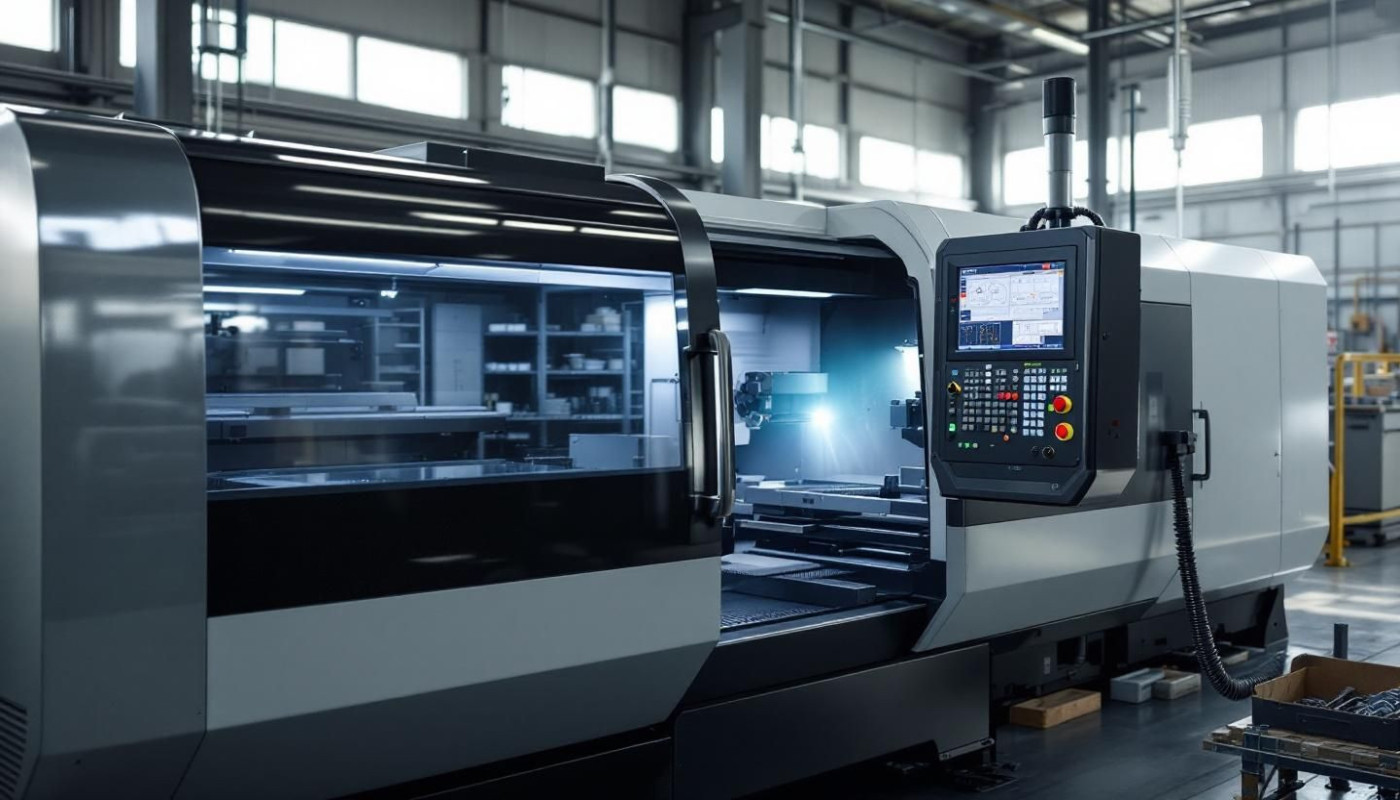Table of contents
In the ever-evolving landscape of creative industries, generative AI stands at the forefront of a revolutionary shift. This transformative technology is redefining the boundaries of creativity and innovation, offering new tools and possibilities for creators across various fields. Delve into the intricacies of how generative AI is catalyzing change, enhancing productivity, and reimagining the future of creativity. Prepare to explore the profound impact of this digital marvel on the creative industries and how it may redefine the very essence of artistic expression.
The Revolution of Creative Processes
In the realm of creative industries, generative AI stands as a transformative force, redefining the essence of the creative process. With the integration of machine learning algorithms, these advanced systems offer a remarkable acceleration in the speed of content creation, allowing for the generation of ideas and designs at a pace that was previously unattainable. Design innovation has particularly benefited from generative AI, as it equips designers with an array of novel options and tools, enabling the creation of complex and intricate designs that would otherwise require extensive time and effort. The sphere of writing has also been impacted, with AI providing writers the means to produce diverse content, from marketing copy to narrative fiction, with an efficiency that streamlines workflow. Furthermore, music production has witnessed a significant shift, with generative AI paving the way for artists to experiment with new sounds and compositions, thereby elevating the art form to new heights. The resultant synergy between human creativity and artificial intelligence not only amplifies the potential for innovation but also heralds a new era in the evolution of the creative industries.
Enhancing Human Creativity
In the dynamic realm of creative industries, generative AI has emerged not as a replacement for human ingenuity but as a potent tool to enhance creativity among artists and professional creators. AI tools, particularly those built upon complex neural networks, are being leveraged to unlock new possibilities in artistic expression. These advanced systems can analyze vast datasets of artistic styles and techniques, offering creators an expansive palette to inspire their work and extend their creative potential. By providing novel patterns, structures, and ideas, AI acts as a collaborative partner, challenging professionals to push the boundaries of conventional creativity. It's the synergy between human intuition and AI’s capabilities that's ushering in a new era of innovation in artistic endeavors.
The Future of Customization and Personalization
Generative AI is at the forefront of revolutionizing the creative industries by offering unprecedented levels of customization and personalization. This leap in technology allows for the creation of highly tailored content that resonates more profoundly with audiences, enhancing audience engagement and consumer experience. In marketing, generative AI applications are capable of analyzing consumer data to produce personalized advertisements, ensuring that the right message reaches the right individual at the optimal time. The entertainment sector benefits from AI's ability to understand viewer preferences, leading to personalized recommendations and content that aligns with individual tastes.
In product design, generative design, a technical term that refers to an iterative design process involving a program that generates a certain number of outputs that meet certain constraints, is enabling designers to rapidly prototype and customize products to consumer specifications. This bespoke approach vastly improves user satisfaction by delivering products and experiences that are tailored to individual needs and desires. A prominent Creative Director with expertise in both marketing and design would attest to the transformational impact of generative AI in delivering personalized content and experiences that not only meet but exceed consumer expectations.
In the context of such advances, it is intriguing to dig this: the evolving landscape of generative AI not only proposes a future of enhanced consumer experiences but also serves as a beacon, guiding the way towards more innovative, intuitive, and individualized creative solutions.
The Ethical Considerations and Challenges
The advent of generative AI in creative industries brings to the forefront a host of ethical considerations that warrant careful scrutiny. One of the most pressing concerns revolves around the issue of AI authorship. As AI systems become more adept at producing content that mirrors human creativity, the lines of originality are increasingly blurred. This raises questions about the ownership and attribution of works created by AI, challenging existing frameworks of Intellectual Property Rights. The question of who holds the copyright to an AI-generated piece – the programmer, the AI itself, or the end-user – remains contentious and without clear legal precedent.
Originality in AI also poses a significant ethical dilemma. Generative AI has the ability to amalgamate and repurpose existing works to create new ones, which could potentially dilute the value of original human creativity. This might lead to a redefinition of what constitutes creativity and original work in the digital era. Furthermore, the employment impact of generative AI cannot be overlooked. As AI technologies assume roles that were traditionally reserved for human artists and creators, there is a palpable fear that this could lead to job displacement within the creative sectors. AI challenges the workforce to adapt, but it also prompts the need for new regulations and support systems to address the transition.
Ultimately, as the integration of AI in creative industries deepens, multidisciplinary collaboration between artists, technologists, legal experts, and ethicists becomes imperative to navigate this evolving landscape. Developing a consensus on ethical standards and legal guidelines will play a vital role in ensuring that the emergence of AI as a tool for creativity is managed responsibly and equitably.
Education and Skill Evolution in the AI Era
The advent of generative AI is revolutionizing the landscape of the creative industries, signaling a transformative shift in both education and skill development. As AI becomes increasingly integrated into these sectors, there is a pressing necessity for educators and professionals to reconsider the traditional curriculum. In the context of AI education, the focus now extends to fostering Collaborative Intelligence, where human creativity is augmented by AI's capabilities, enabling a symbiosis that enhances the creative process. This paradigm shift necessitates that current and future professionals in the creative industry not only adapt to emerging technologies but also actively engage in AI adaptation strategies.
Skill development in the era of AI encompasses a range of competencies including data literacy, algorithmic understanding, and ethical considerations of AI deployment. Creative industry training programs are thus evolving to include these elements, ensuring that graduates are well-equipped to navigate the complexities of AI-enhanced environments. To remain relevant and competitive, professionals must continually seek out opportunities for learning and growth, embracing the dynamic nature of technological progress. The onus is on educational institutions and industry leaders to provide robust frameworks for AI education and skill advancement, guaranteeing that the workforce is prepared for the demands of a rapidly changing creative landscape.
On the same subject









